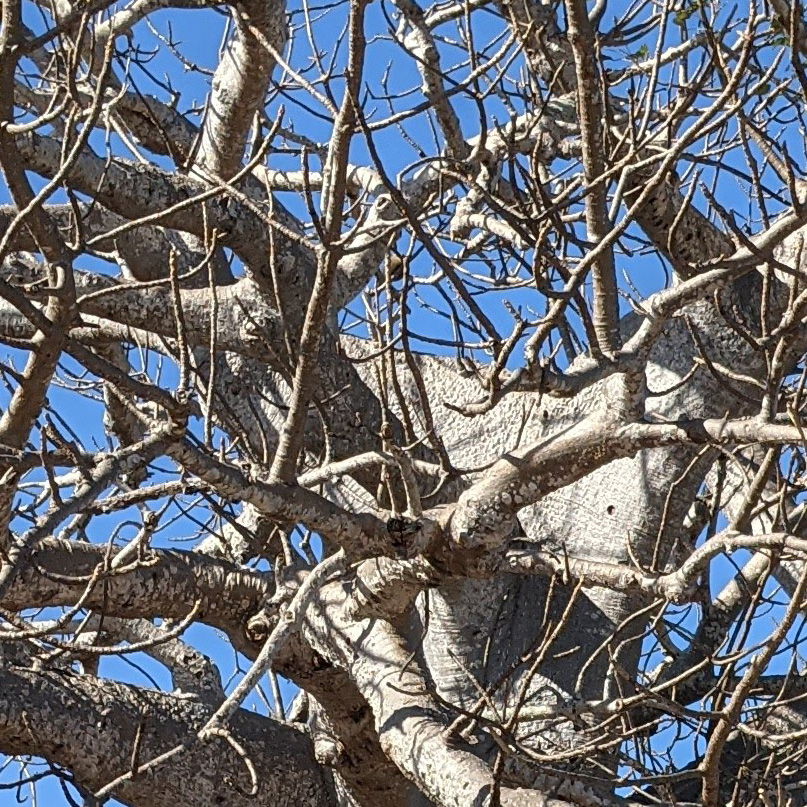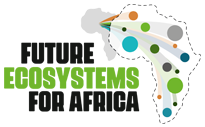Key Activities
The first phase of the FEFA program (2022-2026) focuses on
- High-level engagement in national and continental development issues (encompassing the triple bottom line).
- Building Africa-wide networks and projects.
- Developing and showcasing pilot projects where targeted interventions are having impact.
- Co-creating knowledge platforms and decision support tools.
- Building appropriate anticipatory governance systems and capabilities.
READ MORE ABOUT OUR ACTIVITIES BELOW

1) High-Level Engagement In National And Continental Development Issues
This includes working with the African Group of Negotiators Expert Support (AGNES) to craft a compelling Africa position for the UNFCCC that centres African ecosystems and needs, and links to other global framework negotiations such as the Convention on Biological Diversity (CBD). Mohammed Armani and Ibukun Adewumi have been recruited to draft two technical reports – one for land and one for oceans – that will feed into a series of meetings with negotiators and experts to work towards a strong position before COP27 in Egypt in late 2022.
2) Building Africa-wide networks and projects
3) Developing and showcasing pilot projects where targeted interventions are having impact
4) Co-creating knowledge platforms and decision support tools
- RECCAP2 project understanding the African Carbon Cycle
- Africa Environment Index
- Mapping ploughed landscapes
- Identifying future landscapes at risk of mining expansion
5) Building appropriate anticipatory governance systems and capabilities
- A preliminary framework for a decolonial praxis that is appropriate for African people and ecosystems will be developed with core experts from across the continent.
- High-level engagements with experts and practitioners to develop radical, alternative futures for the high seas that include a diverse set of knowledge systems will be undertaken to feed into ongoing high-level processes such as the Biodiversity Beyond National Jurisdiction (BBNJ) and CBD negotiations.
- Two PhD students will be recruited to undertake the futures work over the course of the project and to feed findings into decision support.
- A case study on African ecosystems for the IPBES Task force on scenarios and models that uses the Nature Futures Framework will also be developed.
